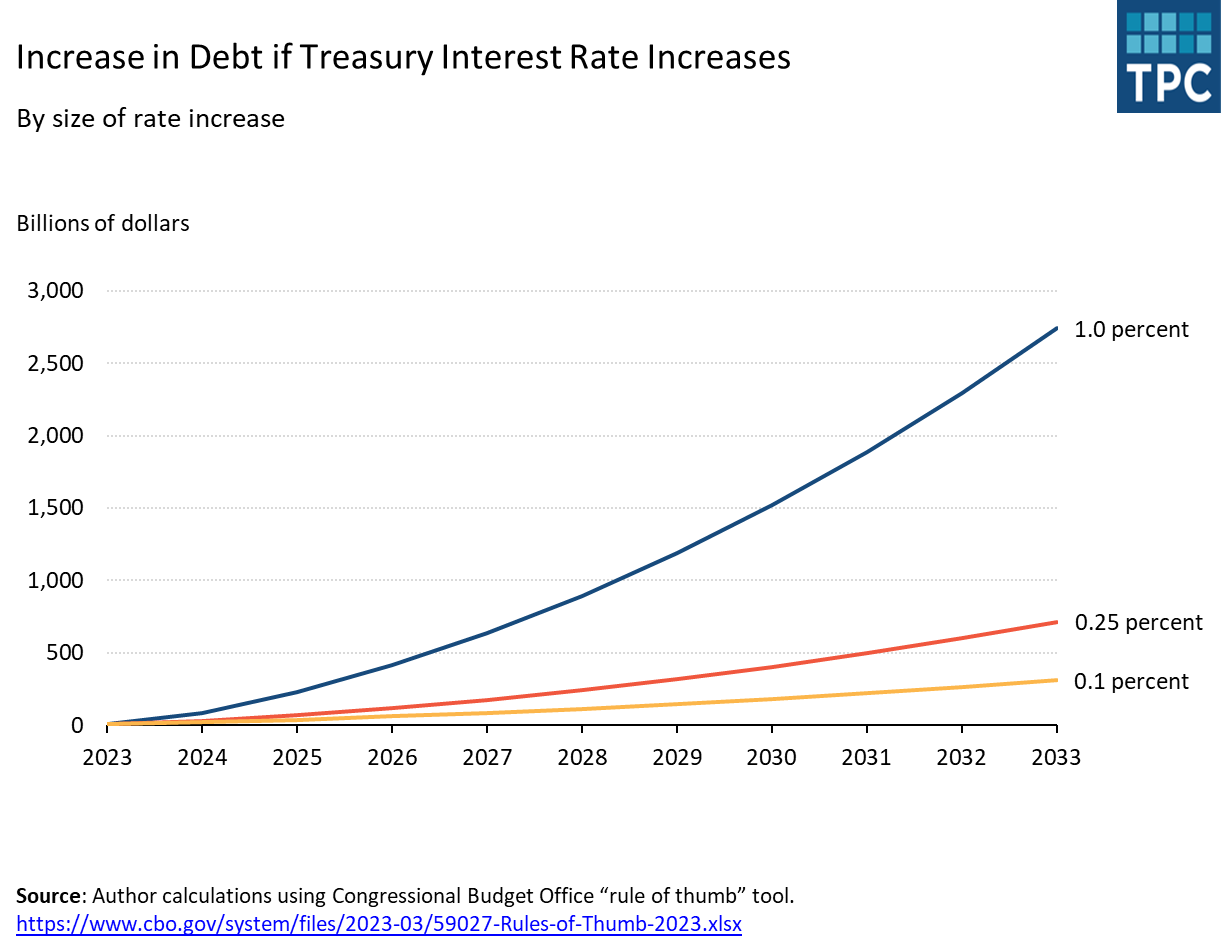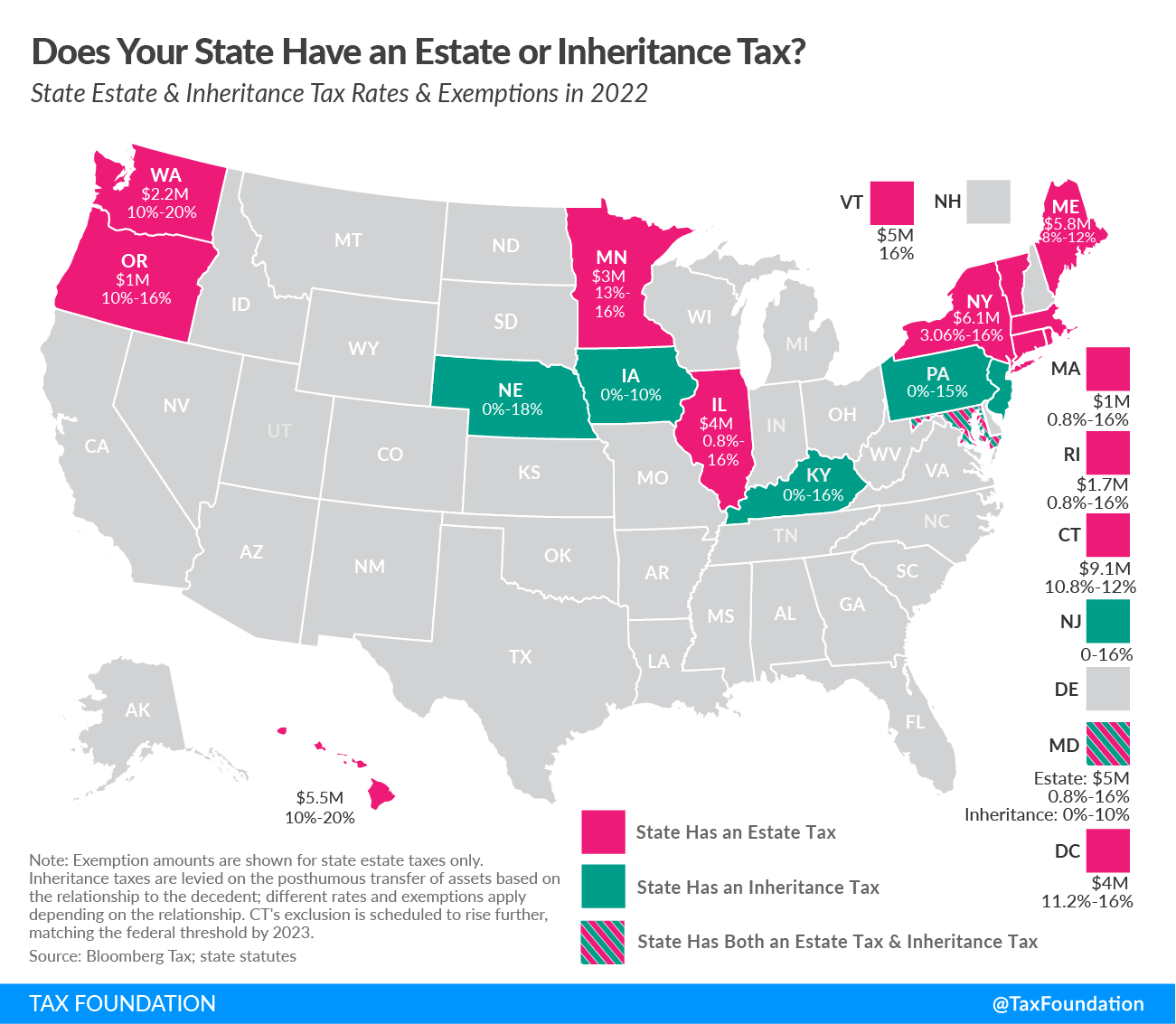Defaulting On The Debt Could Be “Catastrophic” – Or Worse
Republican leaders in Congress have refused to raise the federal debt limit unless the Biden Administration agrees to major spending reductions to reduce the national debt, such as draconian cuts proposed in the Limit, Save, Grow Act. While concerns about the unsustainable rise in the debt are understandable, this proposed solution ignores the biggest contributors to the debt explosion—unbridled growth in Medicare and Social Security and a penchant for giant tax cuts.
Risking a default on the national debt is a costly and counterproductive way to try to tame the debt. It could thrust the world economy into a recession or depression.
And that outcome is far from the worst possibility.
The worst case is that the current standoff turns out not to be that bad, perhaps similar to what occurred in 2011. That would be a terrible outcome because it would empower leaders in Congress to use the debt limit as a cudgel again and again. The game might repeat every dozen or so years until, eventually, the disaster scenario plays out. If that happens further down the road, when the debt has grown to 200 percent of GDP or more, the economic carnage would be extreme.
Virtually all serious economists and financial analysts believe a default on the national debt would be bad, or even an “economic catastrophe,” per Treasury Secretary Janet Yellen. Yes, she’s a key player on team Biden, but she’s also one of the smartest economists of her generation with unimpeachable credentials. Respected conservative economists including Doug Holtz-Eakin (American Action Forum), Michael Strain (AEI), and Brian Riedl (Manhattan Institute) are also alarmed.
Why would it be so bad?
Treasury bonds are perceived as the safest asset in the world. As a result, they bear very low interest rates. Interest rates vary with Federal Reserve policy. Current rates are high by recent historical standards as the Fed tries to fight inflation, but US Treasuries are always cheaper than other bonds. This saves the federal government billions of dollars in interest every year.
The unparalleled trust in the US government around the world is also why foreign investors like to hold US dollars rather than other currencies. All of that could be lost if Treasuries turned into junk bonds. And losing the US dollar’s status as reserve currency for the world could make us even more vulnerable to future crises.
This would roil US financial institutions, which hold reserves in Treasury bonds. Imagine the recent banking crisis spreading through the whole financial system. And many parts of the US financial system—such as adjustable mortgage interest rates—are keyed to Treasury bond rates. So turmoil in the Treasury market would soon be felt in regular Americans’ pocketbooks.
The manufactured debt crisis could turn into a real one in short time. If interest rates spike, our federal government debt would become much larger. For example, if Treasury interest rates increased by 0.25 percentage points, which is about what the “unparalleled safety and liquidity of the Treasury market” is worth, debt would increase by about $715 billion (1.8 percent of GDP) by 2033.
Investors might worry that the next crisis would happen not because the federal government chose not to pay its debts, but because it couldn’t. They’d demand higher interest rates, which would make investors lose even more confidence. The result of this death spiral is that eventually the US government, like some struggling countries, would not be able to sell its debt at any reasonable price. My TPC colleagues and I played out this gruesome scenario in a 2010 article on “catastrophic budget failure.”
That dire scenario is not likely to happen now. Even if interest rates on Treasuries went up a percentage point (chart), our interest costs would only increase by about $230 billion in 2025. That’s a lot, but manageable in an economy as big as ours.
But, if our federal debt were twice or three times as large, the damage would be much harder to contain. At some point, the debt bubble would burst and the economic damage would be so immense that we might never recover.
Bottom line: hitting the debt limit would be bad—possibly catastrophic. But if it’s not bad enough, and that inspires politicians to repeat this game again and again, the consequence will eventually be horrendous. Congress and the President need to come up with a better way to manage the debt.
For more information, visit of Feature page with debt limit resources.





